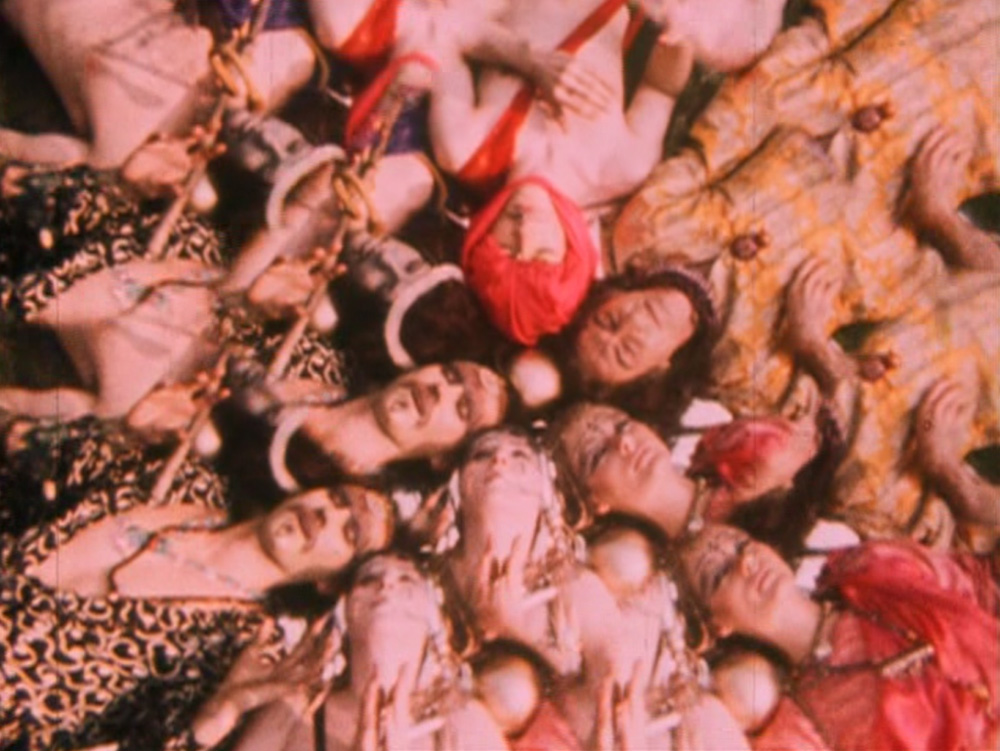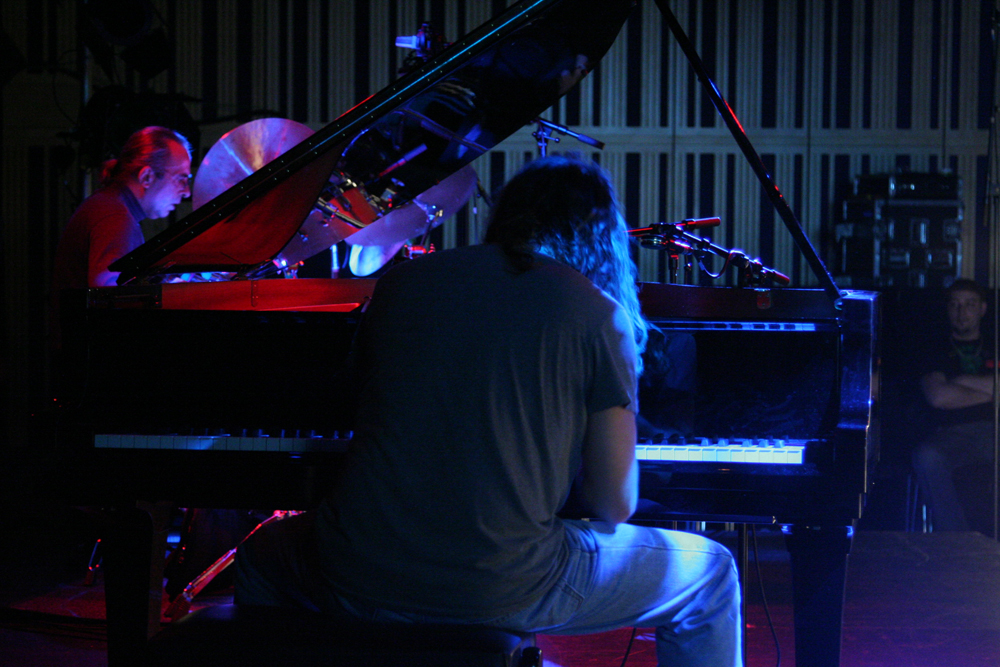
Storyboard P at Kinning Park Complex
Storyboard P
During Episode 9 we made this clip with Storyboard P at Kinning Park Complex. Video by Ash Reid.
Arika have been creating events since 2001. The Archive is space to share the documentation of our work, over 600 events from the past 20 years. Browse the archive by event, artists and collections, explore using theme pairs, or use the index for a comprehensive overview.

During Episode 9 we made this clip with Storyboard P at Kinning Park Complex. Video by Ash Reid.

A kind of an informal overview of INSTAL.

Adamantly analogue, inspiring and frequently chaotic in performance, Metamkine draw no distinction between image and sound; during their intuitively improvised performances music and images are created simultaneously and equitably.

Taking a scalpel to the relationship between performer and audience: cutting something out to see what’s left, a drastic subtraction and shift of emphasis.
Take a break and/ or hang in an Open Meet Up in IRL and URL

A performed filmic conversation on queer and black world making.

How do people both inside and outside of prison work together to dismantle the criminal justice system and build a society based on collective care?

Beat poet Ira Cohen’s now infamous and wildly psychedelic film odyssey feeds one’s own seeing apparatus through beautifully warped and distorting mylar mirrors, resulting in a film dense and rich with visual arcana and poetry.

Duo performance by two great French musique concrète improvisers using feedback, contact mics, tape, an old Revox tape machine, a vintage synth…

Noise music for the eyes. A 6 screen 16mm projection performance of intense audio and visual stimulus.

How do poetry and maths stitch together pictures of our fractured situation from its wreckage and relics, from the debris of hope and the well of residues that make us what we are?

Free jazz pianist John Blum with an everywhere-at-once presence in duo with Jackson Krall, incendiary free jazz drummer and sound sculptor